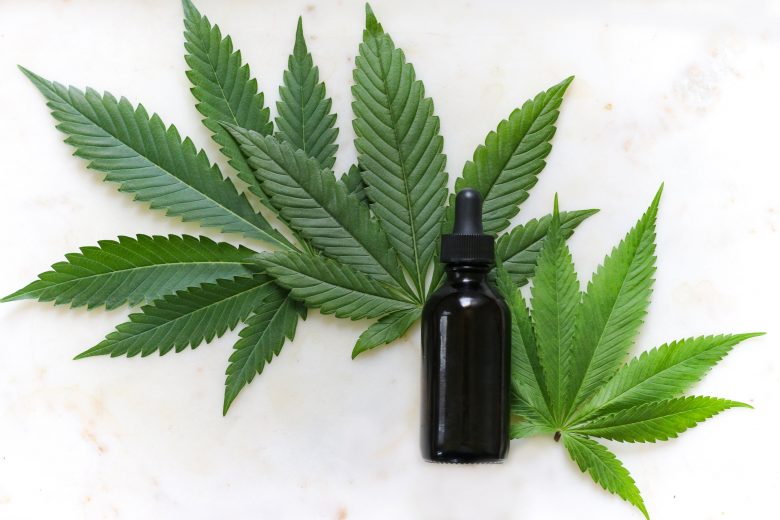Positive Drug Test? Now What?
What does a public employer do when a job applicant’s test comes back positive?
In the business world, employers sometimes ask job applicants to submit themselves to drug tests. A drug test can be completed either through a urine sample or hair follicle, depending on the County or State. So, what happens when the test results come back positive?
A few 11th Circuit decisions have weighed in on the issue of the best way for public employers to deal with a job applicant’s positive test results. In Voss v. City of Key West, Voss applied for a position as a Solid Waste Coordinator at a train station. When asked to undergo a preemployment drug test, she refused, and filed an action challenging the constitutionality of the city’s workplace policy after she was not hired. The United States district court, in making its decision, gave employers three things to look out for before making an employment decision after an applicant’s test results return positive.
1. Verify the importance of the test to the company or organization to determine whether it justifies a fourth amendment intrusion. In Voss, the Court decided that the reasons that the city gave for conducting a drug test for job applicants were not justified. The city claimed that the test was created to protect the public from motor vehicle accidents and personal injury to the employees and the public; stating that employees who use illegal drugs tend to be “less productive, less reliable and prone to greater absenteeism.”
2. Ensure the desired position is one that is safety-sensitive. The position at issue in Voss was a Solid Waste Coordinator and the court found that this was not really a safety-sensitive position. Because, among other reasons, the city does not subject the Solid Waste Coordinator to random drug testing to which it subjects employees the policy classifies as “public safety positions”.
3. Distinguish between employees and applicants before carrying out a drug test. If the tests are disclosed to applicants before they apply, then they have the opportunity to withdraw their applications or not apply at all before any invasive tests are carried out. The court advised that employers should make sure that applicants have knowledge of the test before they submit their applications.
More recently, as the issues of opioid and medical marijuana workplace pervasiveness rise to a head, both public and private sector employers must remember to consider the requirements of the American Disability Act.
The ADA requires employers who are aware of a disability to provide a reasonable accommodation that would permit the disabled employee to perform the essential functions of her job. Accordingly, when an applicant’s drug test comes back positive the employer should inquire whether the applicant is taking such medication for medical reasons before making a decision on hiring the applicant. Essentially the results of this inquiry could lead to a requirement to commence, and participate in, the interactive process pursuant to the ADA.
In conclusion, if an employer is able to justify their reasons for requesting a pre-employment drug test, show that the position for which the test is required is safety-sensitive, disclose the requirement for a test to the applicant in advance of the application, and consider its obligations under the ADA, only then is the employer is free to make decisions based on its employee relations policies.



Comments are closed.